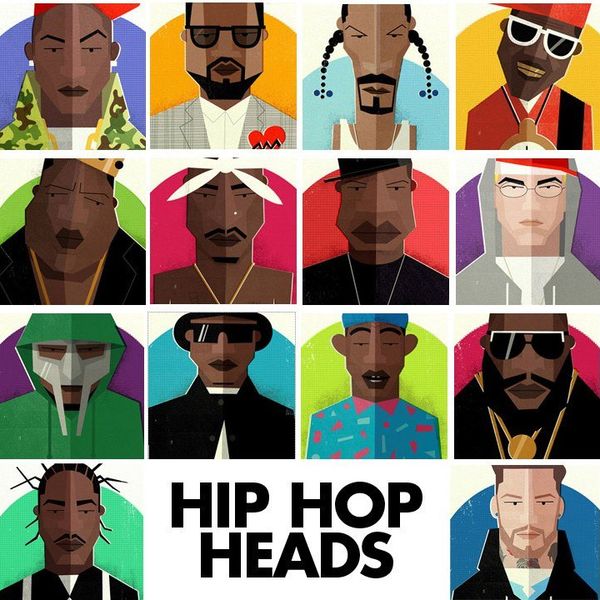Hi I’m Jard Joseph Lerebours and I’m your average Hip Hop fan. You may know me as an infamous J.Cole hater and Soulja Boy Stan. Don’t get me wrong I do crank dat on special occasion however, this isn’t indicative of my actual musical taste. In fact my top five rappers are Kendrick Lamar, Earl Sweatshirt, Travis Scott, Robb Banks and Andre 3000. Through my posts I became aware of the dominant ideologies and arguments concerning what objectively makes a Hip Hop artist talented. These often included the diction, subject content, and flow of an artist however there was little to no mention of an artist’s arrangement of music, instrumentation and lyrical accessibility to their audience. I found it ludicrous that something as subjective as music should be subjected to sterile forms of categorization and objective standards of rating. I couldn’t help but invoke the immortal words of artist Lil Uzi Vert, “It do not matter”.
My J.Cole hate campaign began as an attempt at stress relief. It was driven by my intense helplessness and anxiety towards all the papers I had to write during Finals week. In the beginning I struggled to come up with feasible insults towards J.Cole’s latest album, 4 Your Eyez Only which I genuinely enjoyed but soon I realized the jokes came too easily. I realized that I was duped into loving J.Cole’s music. Excluding “Apparently” and “Be Free” I find most of his discography to be boring and unappealing but I was afraid to admit this to myself owing to his designation as a conscious rapper. Within the confines of Hip Hop criticism, the disparaging of conscious rappers is often taken as coonery or a lack of commitment to Black liberation because oftentimes conscious rappers are minority community’s sole independent voices for political change and social injustice within the Black community. This being said, I would like to give a special thanks and commendation for the work being done by Vic Mensa and Chance the Rapper.
Although I don’t enjoy J.Cole’s music I’m still a fan of his message. I’d have to be in denial not to acknowledge how important J.Cole’s artistry is to mainstream Hip Hop or his technical skill. This being said, I’m entitled to my individual opinion. My lack of interest in J.Cole’s music is not indicative of a lack of social consciousness or intelligence, it’s more telling of what I subjectively appreciate in music. Through my trolling, I became acutely aware of the elitism and condescension in hip hop criticism that often forced listeners to praise and enjoy the same artists out of fearing negative social sanctions. This meant that I needed to be familiar with artists such as MF Doom, Nas, Aesop Rock and Rakim in order to be taking seriously in conversation and respected by my peers. Although I happen to be well versed in Hip Hop history, I don’t think my peers without those knowledge bases should be silenced or labeled ignorant. We shouldn’t dismiss someone just because they enjoy doing the stanky leg on occasion or find themselves drawn to lyrics like “Raindrop, drop top” or referring to narcotics as vegetables such as broccoli. Even if you claim MF Doom as your favorite artist, I know that we all listen to Travis Scott and Young Thugger on late nights hanging with the boys.
By daring to disagree with the general consensus regarding J.Cole’s music I actually saw the rise in a Hip Hop culture at my school. On more than one occasion I was randomly approached by J.Cole fans and found a greater understanding of him through our dialogue. I found myself entering in depth conversations and analyses concerning the state of Hip Hop and the merit of different artists in our beloved dining hall Lil’s. As a lifelong lover and subscriber to the art of Hip Hop, I think these conversations are important. Hip Hop is so deeply rooted in the Black culture of America that simply conversing about it opens up room for conversations about race and ethnicity in America, anti-Blackness in other minority groups, the usage of nigger and nigga, classism and America’s history of cultural appropriation.




















